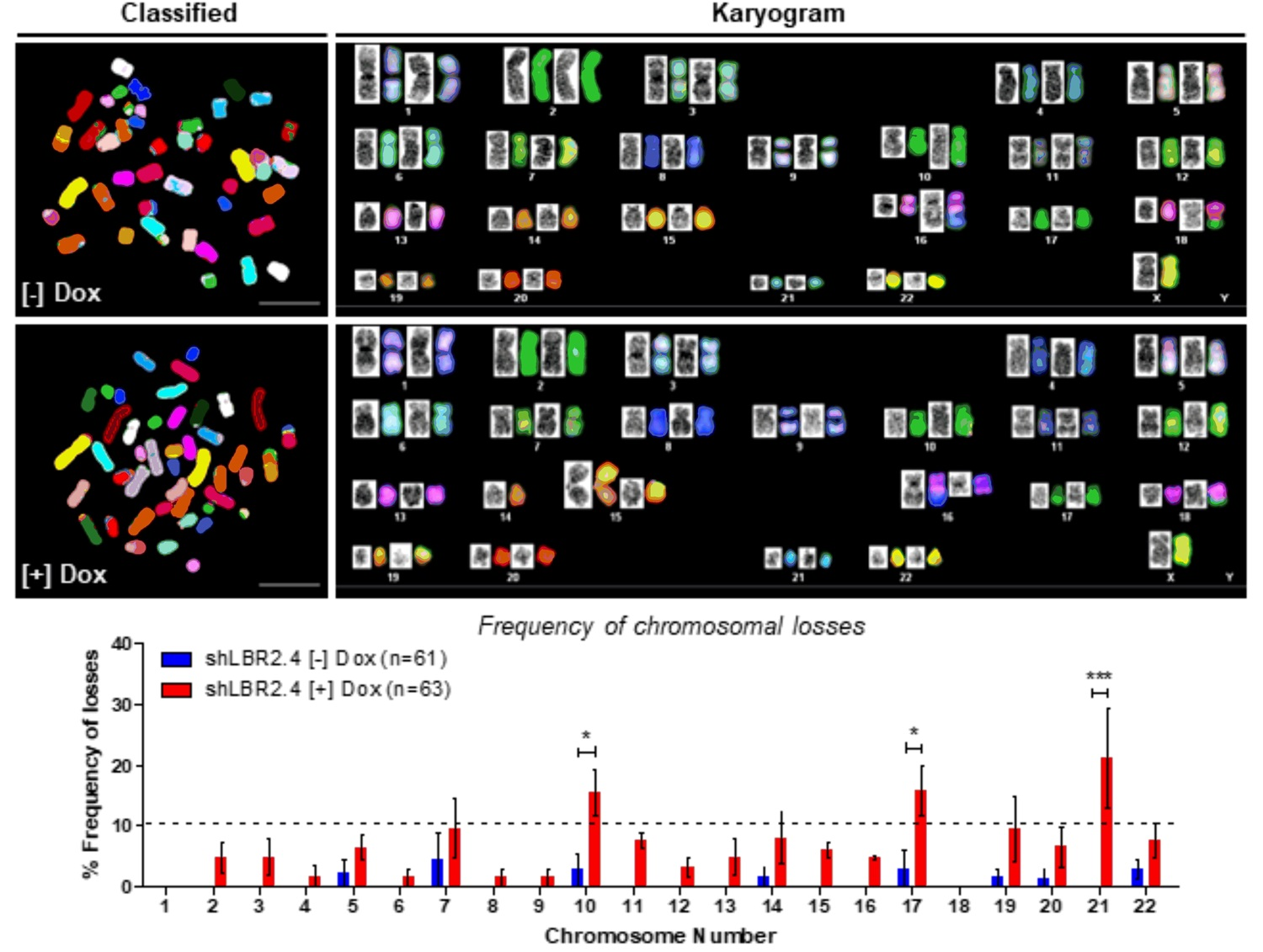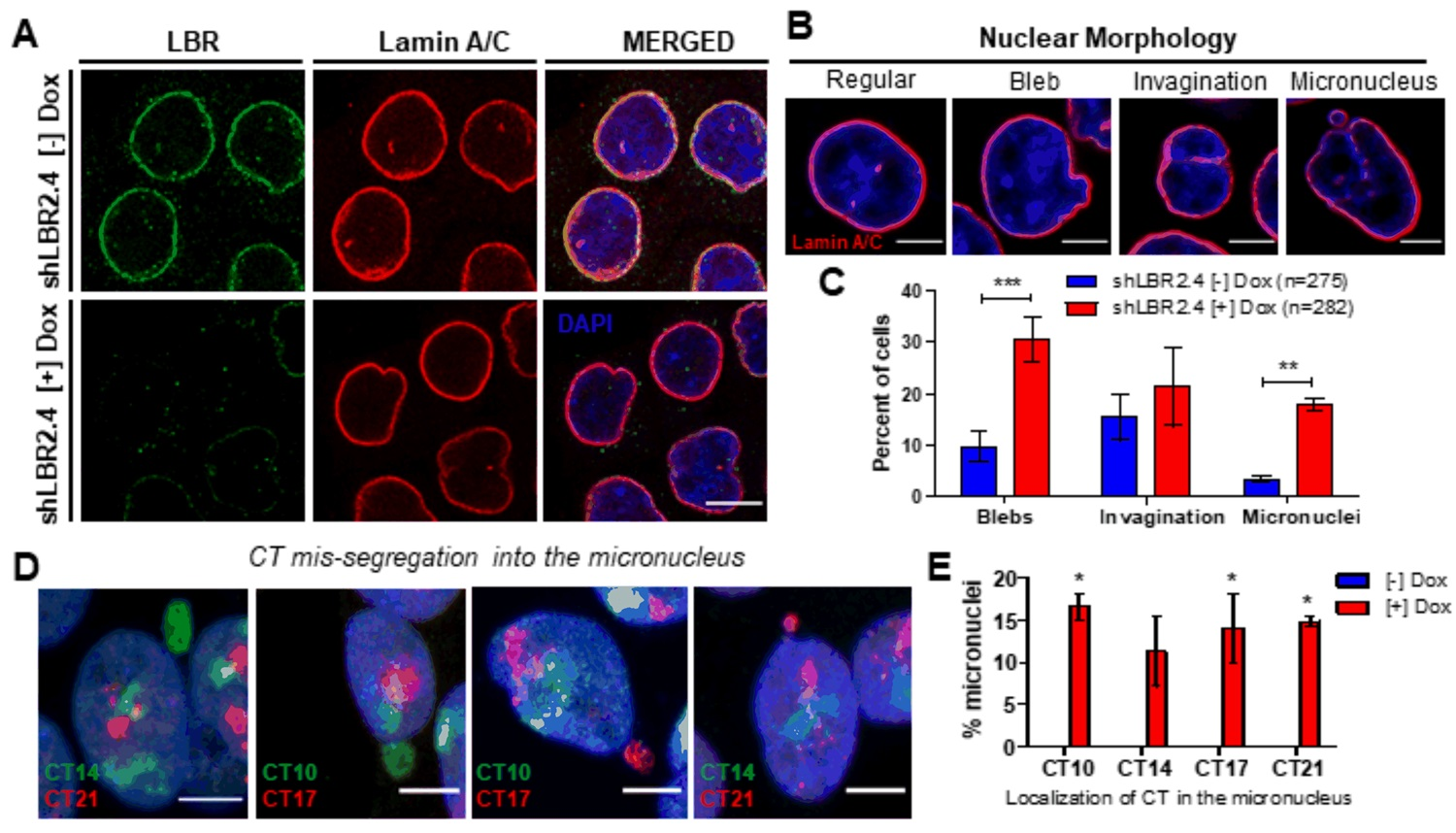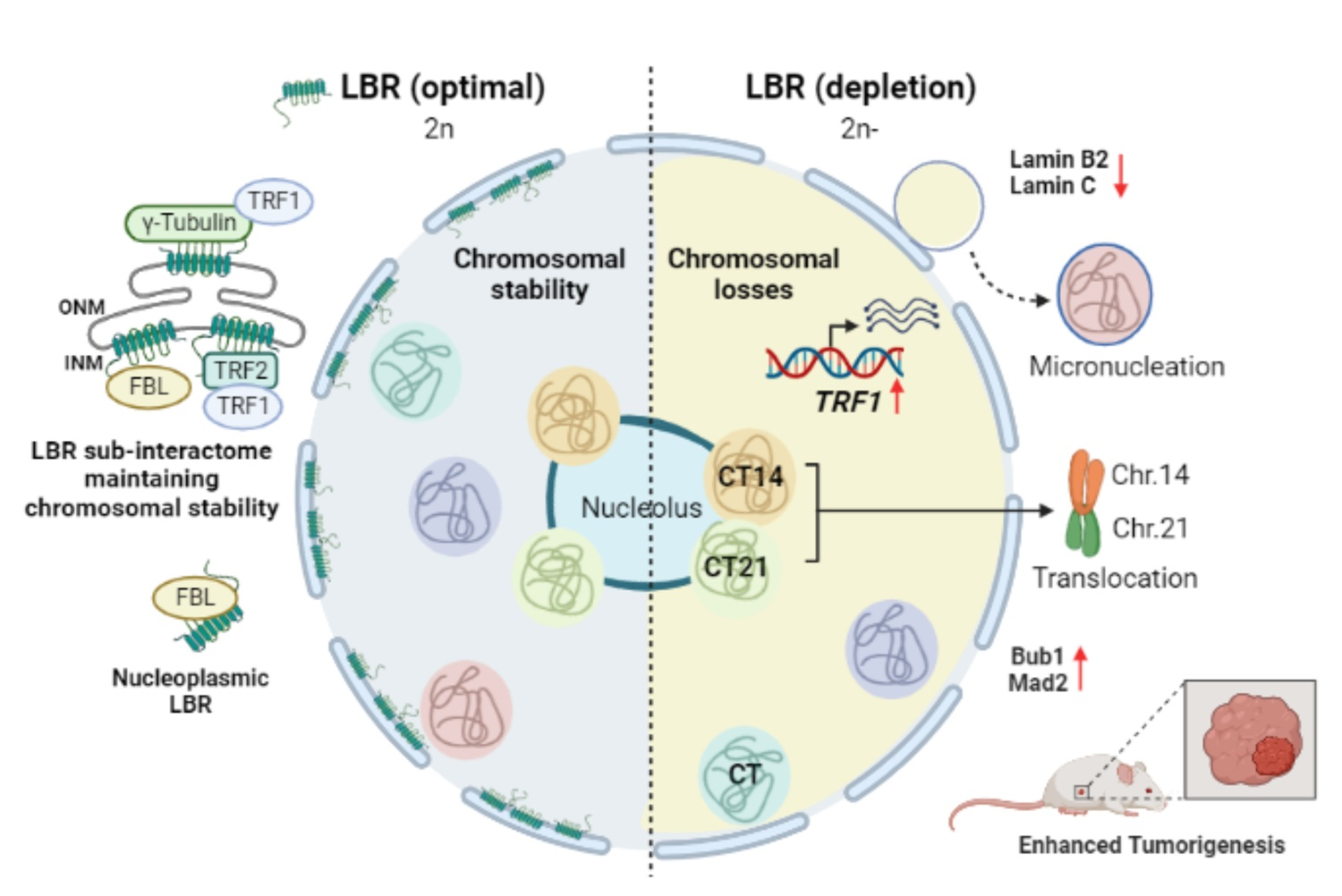Scientists have taken a step towards an improved approach towards early diagnosis of cancer, especially cancers that start as a growth on the inner lining of the colon or rectum. For the first time they have found that nuclear architecture protein lamin B receptor (LBR) has a direct molecular role in the maintenance and regulation of chromosomal stability in diploid colorectal cancer cells.
As the burden of cancer is increasing at an unprecedented rate, especially in a country such as India with a massively heterogeneous socio-economic stratification with limited access to healthcare for a large majority of our population, it is important to device and deliver appropriate and state of the art and low-cost approaches for the early diagnosis of cancers.
The loss or gain of chromosomes from cells is a defining feature of chromosomal instability (CIN), a hallmark of more than 90% of all cancers. Interestingly, proteins that maintain nuclear architecture are also required for the maintenance of stable chromosome numbers across cell types. Lamin B Receptor (LBR) has a unique function as it is not only a receptor but also an important factor required for the reformation of the nuclear envelope from early to late mitosis.

Noticing this unique feature of LBR, scientists from the Chromosome Biology Lab (CBL) at the Indian Institute of Science Education and Research (IISER), Pune surmised that LBR is also likely to be involved in the regulation of chromosomal stability They closely probed the role of nuclear architecture protein in chromosomal stability.
The study supported by Science and Engineering Research Board (SERB) an attached institution of Department of Science and Technology showed that the depletion of LBR from colorectal cancer cells, resulted in the loss of specific chromosomes. These chromosomes also assumed an aberrant and altered 3Dimensional spatial localization, which correlates with its eviction from the nucleus into nuclear protrusions and micronuclei - a key event in the loss of chromosomes in a targeted manner from the nucleus. The study published in the journal Human Molecular Genetics revealed a unique network of proteins that are associated with LBR which involves telomere-associated factors (TRF) among others - also essential for the maintenance of chromosomal stability in otherwise diploid human colorectal cancer cells.
The team used Fluoresence In Situ Hybridization (FISH), a laboratory technique used to detect and locate DNA sequences of a gene on a chromosome.

Using a technology called Spectral Karyotyping (SKY) that enables the identification of aberrations in every single chromosome by labelling each chromosome with a unique colour, the team of scientists consisting of Shalaka Patil, Shruti Deshpande and Kundan Sengupta uncovered the change in chromosomal numbers in cancer cells. They discovered for the first time that the depletion of LBR resulted in the loss of specific chromosomes from otherwise diploid colorectal cancer cells.
According to the authors, a careful evaluation of the levels of nuclear architecture proteins such as LBR and TRF is likely to serve as an effective and efficient means for the early diagnostics and detection of not only colorectal but various other cancers that are taking lives at an alarming rate in India and across the world.
Publication link: https://doi.org/10.1093/hmg/ddac235































